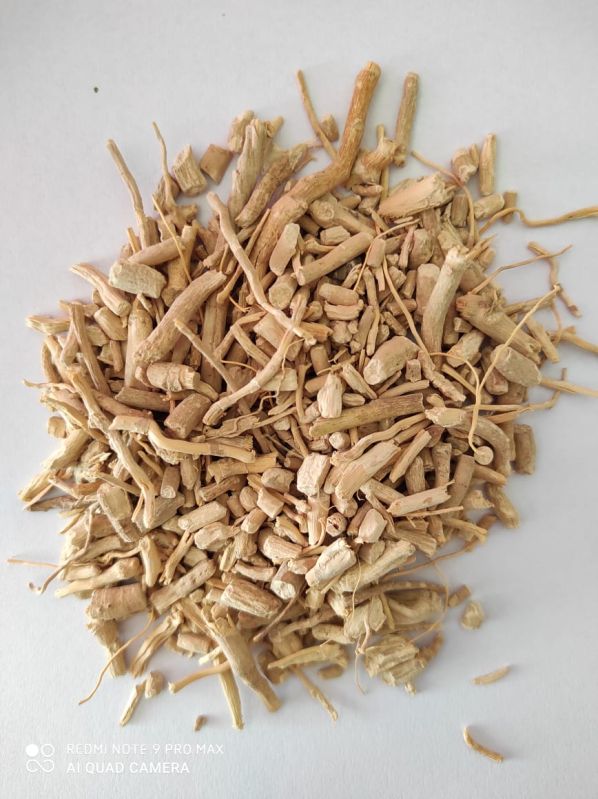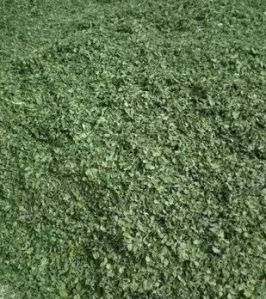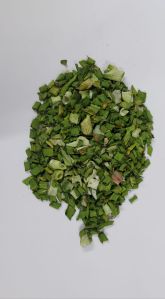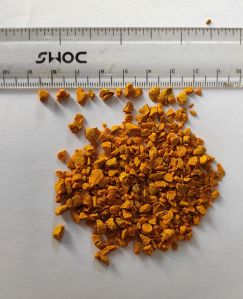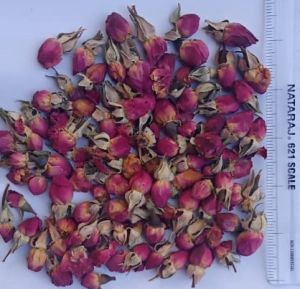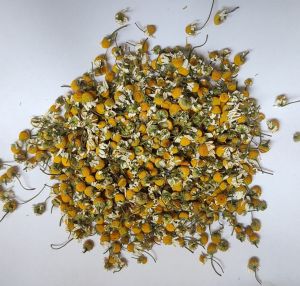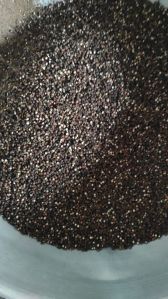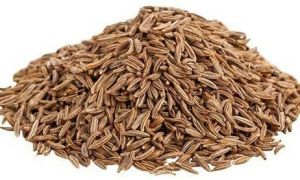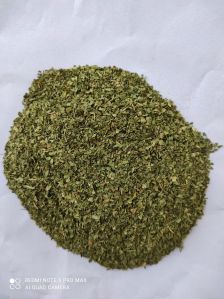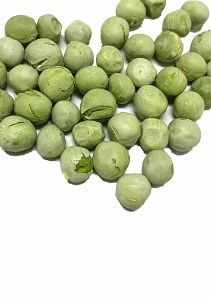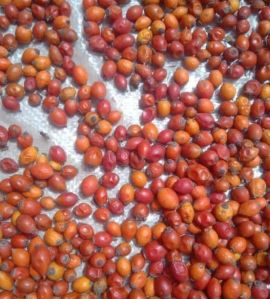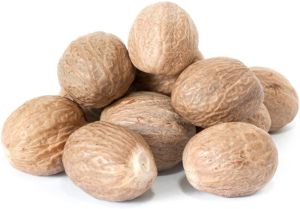- Vadodara, Gujarat
- GST NO. : 24AAHCP2064R1ZZ
- +91-8000177899, +91-9373241098
Dried Shatavari Roots
| Business Type | Manufacturer, Supplier, Trader |
| Cultivation Type | Organic |
| Color | Yellow, Light Brown |
| Form | Dried |
| Click to view more | |
Preferred Buyer From
| Location | Anywhere in India |
Product Details
Shatavari
Botanical name: Asparagus racemosus
Shatavari, Asparagus racemosus, is a climber. Shatawari has different names in the different Indian languages, such as Shatuli, Vrishya and other terms. In Sanskrit, Asparagus means 'she who possesses a hundred husbands,' implying its ability to help support fertility and vitality. It is also called as 'The Queen of Herbs'. The amino acid asparagine gets its name from asparagus, as the asparagus plant is relatively rich in this compound. It regulates hormonal secretion and acts as a galactagogue, which promotes lactation in nursing women. It is a good source of vitamin B6, calcium, magnesium and zinc, and a very good source of dietary fibre, protein, vitamin A, vitamin C, vitamin E, vitamin K, thiamin, riboflavin, rutin, niacin, folic acid, iron, phosphorus, potassium, copper, manganese and selenium, as well as chromium, a trace mineral that enhances the ability of insulin to transport glucose from the bloodstream into cells. Particularly green asparagus is a good source of vitamin C. Vitamin C helps the body produce and maintain collagen, the major structural protein component of the body's connective tissues. Asparagus contains substances that act as a diuretic, neutralize ammonia that makes us tired, and protect small blood vessels from rupturing.
Benefits and uses:
Shatavari is recommended in Ayurvedic texts for the prevention and treatment of gastric ulcers, dyspepsia and as a galactogogue.
The plant contains triterpene saponins called Shatavarin I-IV, which support the body's own natural production of estrogen.
The dried root contains a large amount of saccharine, mucilage and minerals, which heal gastritis, hyperacidity and stomach ulcers.
The herb helps in digestion and alleviates ulcers and other inflammatory stomach ailments. Shatavari used internally for infertility, loss of libido, threatened miscarriage, menopausal problems. Asparagus can restore hormonal balance in women who have fluctuating hormonal levels due to menstruation and menopause. It enhances fertility and regulates the menstrual cycle.
Shatavari is useful for hyperacidity, stomach ulcers, dysentery, and bronchial infections.
It supports normal function of the immune and digestive system.
The extract from the shatavari roots is boiled with ghee, milk and honey and given for treating seminal weakness and general debility.
The paste of Shatavari's fresh leaves is applied for relief from the burning sensation of the skin during chicken pox.
The fresh juice of the root is given with honey as a demulcent in bilious dyspepsia or diarrhea. Cooked asparagus and its watery juices are very good for helping dissolve uric acid (causes gout) deposits in the extremities, as well as inducing urination where such a function may be lacking or only done on an infrequent basis.
Asparagus is especially useful in cases of hypertension where the amount of sodium in the blood far exceeds the potassium present.

